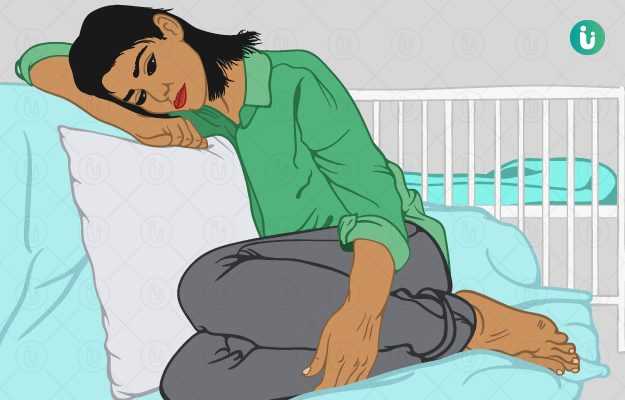Illness anxiety disorder - also known as hypochondriasis, disease anxiety and health anxiety - is a serious and debilitating mental health issue that plagues people irrespective of their gender, age, race or religion. A patient who has been diagnosed with illness anxiety disorder is constantly preoccupied with and has a deep fear or anxiety of having a severe or serious disease. If you have this disorder then you might worry excessively about your health deteriorating even if there are mild or no symptoms at all of that happening. If you have illness anxiety disorder, even normal body functions like the rumbling of the stomach, muscle twitching, etc might seem like symptoms of severe illnesses.
According to the Diagnostic and Statistical Manual of Mental Disorders (DSM-5), the diagnosis of illness anxiety disorder is confirmed if this excessive worrying continues for or exceeds a period of six months. This disorder is classified as a heterogeneous medical condition, which means that it usually has multiple etiologies or causes. From your fear of dying of cancer to a family history of a certain disease (like diabetes), any number of causes can lie behind your illness anxiety disorder.
It’s very important to remember that illness anxiety disorder is not about the confirmed presence or absence of a disease, but rather the psychological reaction to it. The treatment for this mental health issue is very tricky since reassurances from family members or friends might not work to alleviate the patient’s fears. Establishing a consistent and dependable relationship with a doctor might help treat illness anxiety disorder. Cognitive behavioural therapy and serotonin inhibitors may help in severe cases.
Illness anxiety disorder is often (mistakenly) placed within the broad spectrum of obsessive-compulsive disorder (OCD), and while the concerns and anxiety of a patient with the former might look similar to the anxiety experienced by a person who has OCD, these two disorders are not essentially related. Instead, anxiety illness disorder is considered to be related to somatic symptom disorder, where a patient is more worried about the crippling effect of symptoms rather than worrying about what disease it is that ails him or her.

 Doctors for Hypochondria
Doctors for Hypochondria 











































